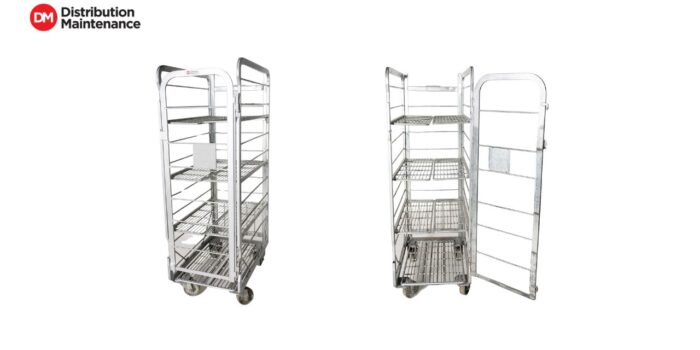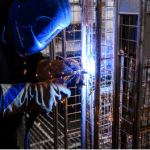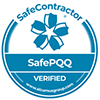What Types Of Castors Are There?
Castors are made of different types of material:
Polyurethane. PU castors are a commonly used castor and are held in high regard for their vibration damping properties, giving them a high load capacity. They offer good grip and reasonable floor protection, low noise, and good wear resistance, ideal for hard surfaces.
Nylon. Hard wheels such as nylon castors have a lower rolling resistance and offer ease of movement, suitable for hard and soft surfaces. They are hard wearing and have a long life cycle.
Rubber. Rubber castors are used in a variety of industrial and commercial
applications. They provide more resistance / grip, better traction and are therefore better for hard surfaces as well as offering a softer ride over rough terrain.
As a rule of thumb, hard tread wheels tend to perform better on soft or smooth surfaces, while soft-tread wheels react well to hard or rough surfaces. eg, outdoors.
What Types Of Castor Fixings Are There?
Plate Fixing. Most robust type and a very popular fixing. This fixing incorporates a steel top plate which has 4 bolting holes to fit to the equipment. The plate distributes the load and reduces stress on the castor. Plate fixing type generally provide the highest strength so are ideal for heavy duty applications.
Bolt Hole Fixing. Easy to install when existing bolt hole exists, however better for lighter loads. This fixing has a single hole at the top of the castor bracket allowing for a bolt to be passed through the hole and fixed to the equipment.
Stem Fixing. Similar to the single bolt castor, these castors have a metal spigot (stem) protruding from the top of the castor. A female insert is used within this type of fixing. Basically the female insert is fixed into the equipment and the stem of the castor clicks into the female insert.
Castors also have different configurations and will depend on your application, how often it is going to be moved, and where you will be moving it to:
Swivel. These castors can move in any direction rotating 360 degrees even under a heavy load.
Swivel with brake. The same as a swivel castor, except for the addition of a foot operated brake and is a good health and safety feature for when cages are being operated on an incline.
Fixed. These castors don’t rotate and can provide excellent manoeuvrability when paired with swivel castors.
If you’re not sure about which castor to choose for your situation, speak with us.
Distribution Maintenance offer a broad range of services including new roll cages, along with roll cage repair and maintenance and other associated equipment. Offering volume discounts and competitive rates. We can have your orders ready for delivery or collection within 24 hours, depending on peak periods.
Get in touch with us today to talk through your needs. Why not Chat to us online, call us on 01279 883 286 or send a message to ben@distributionmaintenance.com or info@distributionmaintenance.com. Further information about our full service range can be found on our website.









